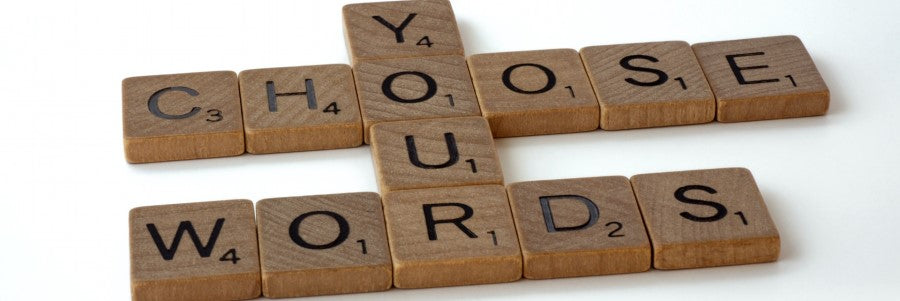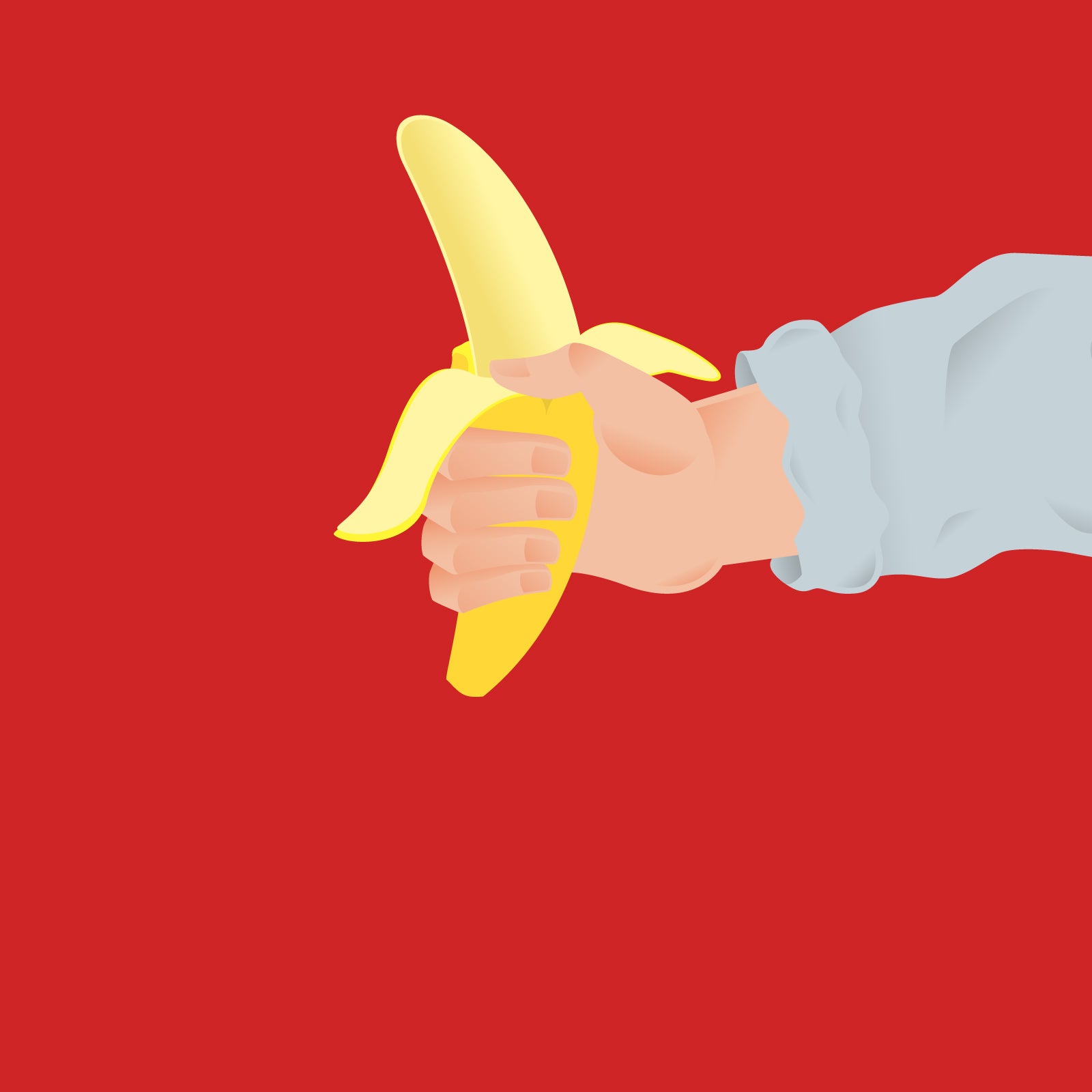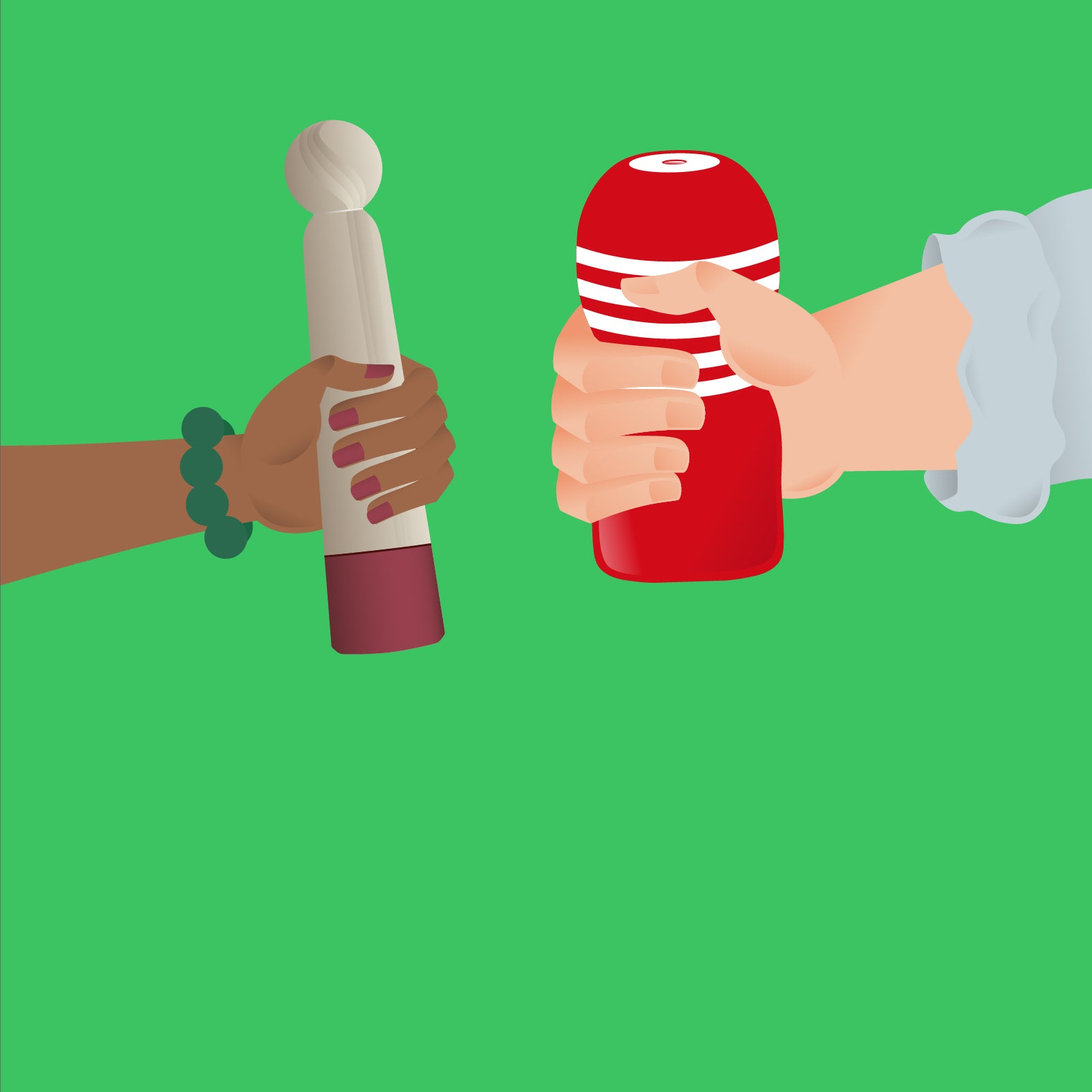
Wacky Wanking Words

This will look at the more common, ‘scientific’ names, instead of slang and euphemisms, such as Jacking Off or Jilling Off (Jack and Jill, get it?). For more about those, check out our blog here.
Contents
Lascivious Latin
Let’s start with the most popular word in English: Masturbation.
Since English is such a mash-up of different languages, where did this word come from?
Starting at the start, the origin is from the two Latin words ‘manus’ (hand) and ‘stuprare’ (to defile) combined to make ‘manstuprare’ (to defile by hand), quite a harsh take on things.
This was changed to ‘masturbationem’ in modern Latin, changing to ‘masturbation’ in French, and that is where English picked it up.
The Latin influence on Europe is not to be underestimated, with versions of masturbate spreading across all of Europe. From very similar spellings like the German ‘masturbieren’ to slight changes like the Hungarian ‘maszturbál’, they all clearly show the same root. Even the Cyrillic alphabet, such as Russian, keeps the word with ‘мастурбировать’ [masturbirovat']
Due to its history, even some African languages use the word 'masturbation', such as Hausa, as well as the Afrikaans 'Masturbeer', due to its Dutch roots.
Scandinavian and Greek are the only ones that are different (more on that later).
‘Knowing Oneself’ Biblically
Another popular term is onanism, which originally comes from the biblical story of Onan, who "spilled his seed on the ground" instead of ejaculating inside his partner. Long story short: it was to keep all of his father’s inheritance.
As this was sexual gratification without the purpose of procreation, it became connected to self-pleasure and masturbation, not only the ‘pull out’ method.
In Europe, places where the bible had more influence than Latin on language, this became the go-to word. From Scandinavian (except Icelandic, that will come, I assure you) ‘onanere / onanera’, the Greek αυνανίζομαι [avnanízomai] (Αυνάν being Onan), to parts of Asia such as the Azerbaijani ‘onanizm etmək’ and Uzbek ‘onanizm’.
What About the Rest of the World?
Finally, let’s have a look at some languages that don’t fit in either of the previous groups.

At long last: Icelandic.
Icelandic did not have as drastic changes as the other Scandinavian languages, being cut off from mainland Europe. This meant that influences from Latin and the bible had less, well, influence. While Latin and Christianity spread throughout mainland Europe in the middle ages, Iceland was minding its own business up in the arctic.
Instead, they use the term ‘Sjálfsfróun’ meaning self relief.
This fairly self-explanatory method of naming is true for the other languages in this section, which did not have the same Latin or biblical etymology.
Hindi has ‘हस्तमैथुन’ [hastamaithun] meaning ‘hand sex’, Chinese has ‘手淫’ [shǒuyín] comprised of the characters for ‘hand’ and ‘lewd’.
This trend continues with African languages, with the Xhosa ‘ukuphulula amalungu esini’ or ‘massaging genitals’, as well as the Zulu dictionary definition ‘ukuzenza ukuba kuphume amalotha’ meaning ‘making oneself release semen’.
Being TENGA, we of course have to mention Japanese. Although there is the word ‘自慰行為’ [Jī kō i] meaning ‘the act of self comfort’, the more commonly used word is ‘オナニー’ [onani] from onanism. In olden times the word ‘千摺り’ [senzuri] or ‘thousand rubs’ was used for men. ‘万摺り / マンズリ’ [manzuri] for women is a more recent slang term, with two possible origins. 万摺り follows the pattern for men, but means 'ten thousand rubs', quite the difference in the number of rubs! Alternatively it is the more straightforward meaning of vagina rubbing ('man', short for manko/vagina + 'zuri', to rub).
Summary
So what has been learned? Unless the word comes from the bible (onanism), it will mention a few of the following: ‘hand’, ‘sexuality/lewdness’, and ‘satisfaction’.
No matter where you come from, some aspects of masturbation never change!
So what will the next term be? My money is on ‘procrasturbating’, or masturbating to procrastinate. I feel that will strike a chord with many people.





